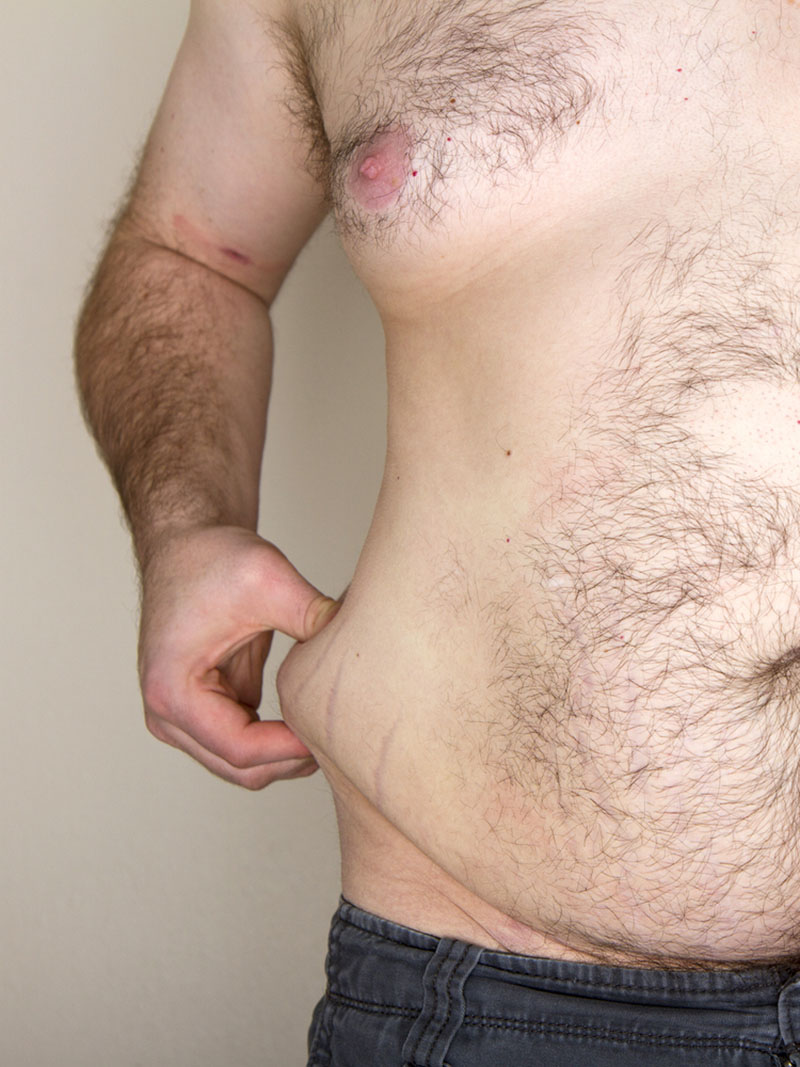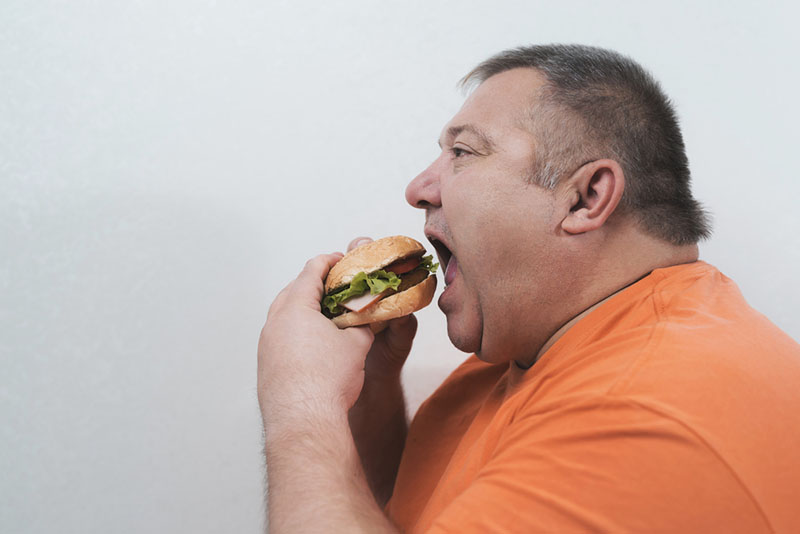Obesity and depression are often presented as being nearly inseparable from each other. Which causes which, however? Does depression come first or is obesity one of the underlying causes of depression?
It can be pretty difficult to tell. Several studies have been carried out to try and determine the exact nature of the relationship between the two so far. Here’s what we know:
Depression can lead to weight gain
Depression is known to be a contributor to high levels of obesity in developed countries. It doesn’t act in the same way fat or sugar causes obesity, but the lifestyle changes that result from it trigger unhealthy habits, which then lead to significant and lasting weight gain.
Depression causes symptoms such as a lack of sleep. An imbalanced circadian rhythm has been demonstrated to lead to a drastic change in various hormones in the blood, which then causes symptoms such as high blood pressure and weight gain. These hormonal changes often come with an increased appetite, which has a direct relationship with relative weight gain.
People who do not seek professional help may end up stress/comfort eating as a coping mechanism. This puts them at even greater risk since they may develop eating disorders like bulimia nervosa in extreme cases.
Weight gain can also lead to depression
On the other hand, the opposite is also true. Obesity has been identified as the root cause for the development of depressive symptoms in many patients in the past. One of the suggested explanations for the same has been theorized to lie in the inner workings of the limbic system, which controls both emotions and appetite.
Aside from which, weight management by itself can be its own reason to despair. Often, it eats into one’s esteem, leading to and may even develop into some form of depression.
Depression has the effect of making one feel completely exhausted with everything, and thanks to the lack of motivation, the person is unlikely to be able to dig themselves out of such a trench.
Dealing with issues of weight management and depression
Having to deal with both depressive symptoms and weight issues at the same time can be overwhelming. The secret is to isolate one, deal with it and the other will lessen on its own. First and foremost, you need to both reduce your calorie intake and increase your calorie use.
To reduce the perceived workload, you may split the eventual target into smaller goals. For instance, you could start by cutting off sugar (such as reducing your intake from something like three cubes to two) for a week, then move on to cutting off sugary drinks like soda off altogether.
Other commonly suggested methods include male breast reduction surgery, liposuction, then going on a strict diet and exercise. The importance of the latter of these cannot be overstated. As little as thirty minutes of exercise in a day can make all the difference.






